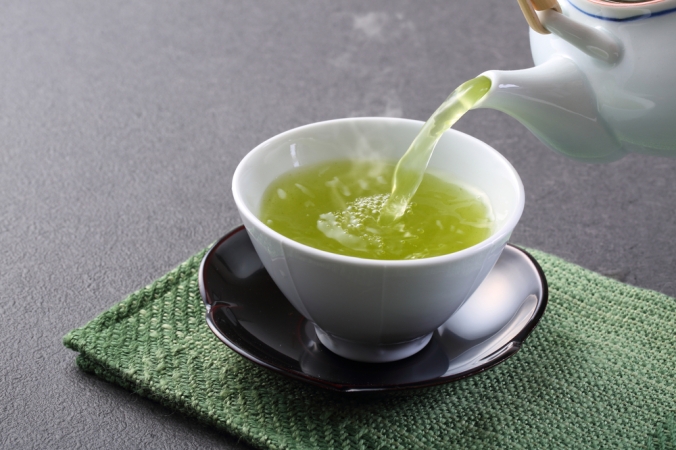We hear the ‘cholesterol’ word used often because it’s a key marker for potential heart disease. However, it’s also an essential part of our cellular make up and for hormone production, so balance is key.
It’s important to keep levels in the healthy range, which is perfectly possible for most people by managing diet and lifestyle.
This National Cholesterol Month Clinical nutritionist, Suzie Sawyer, shares her five tips for keeping cholesterol in check.
Go low glycaemic
In a world where fad diets seem to predominate, the benefits and simplicity of eating a low glycaemic diet are often forgotten. The glycaemic index is just a measure of how quickly food affects blood sugar levels. High sugar, low fibre food has a massive impact but has also been found to raise cholesterol levels.
Opt for a diet that contains whole grains, plenty of fibrous vegetables, beans and minimal sugar. Oats are especially beneficial for reducing cholesterol levels as they contain beta-glucans, a special fibre with lots of research to support their effectiveness. Eating low glycaemic will also help sustain your energy levels.
Eat essential fats
Not all fats are created equal and whilst eating too much saturated fat found in red meat and butter can raise cholesterol levels, the omega-3 essential fats found in oily fish have the reverse effect.
Salmon, mackerel, sardines and tuna are the way to go; try to eat some at least three times per week. However, for those not liking oily fish, either take an omega-3 supplement or eat plenty of flaxseeds (they can easily be added to your whole grain porridge), walnuts and pumpkin seeds. If you’ve been diagnosed with high cholesterol and are vegetarian, then it would also be advisable to take a flax oil supplement too.
Take plant sterols
Plant sterols are a group of substances found in nuts, oils and some vegetables that have been found to reduce cholesterol levels. To make life easier, plant sterols are often added to margarines and some yoghurts. However, be aware that these foods often also contain some less healthy ingredients so always combine them with plenty of healthy oils (especially olive oil), foods high in fibre and loads of green, leafy vegetables.]
Reduce your stress levels
High stress is another factor in raised cholesterol levels, partly because of the normal hormone response that happens during the stress response.
When life is challenging, and it’s certainly that right now, it’s often hard to keep calm. So find something that works for you and take some time each day to destress. Why not practice meditation, go for a brisk walk or take a relaxing bath? You can relax on your bed listening to some music or do a yoga session. Whatever works for you, build it into your day every day.
Additionally, try drinking green tea: it contains theanine which helps stimulate our relaxing brain neurotransmitters. Another natural option is to try the herb, passionflower: it can work very quickly especially if you’re suffering from a ‘nervous’ stomach. Dealing with stress should be addressed as a priority to help keep cholesterol in check.
Load up on vitamin C
Thankfully vitamin C is found in all fruits and vegetables in varying amounts, and it’s also useful for reducing high cholesterol. Vitamin C is one of our key antioxidant nutrients so it helps protect artery walls from damage; hardening arteries is one of the key factors in heart disease.
All berry fruits, red peppers, mango, kiwi and spinach are especially rich in vitamin C so prioritise these foods in your diet if possible. Additionally, aim for closer to 10 portions of fruits and veg a day if you can. It’s sometimes easier to add a daily juice, smoothie or soup into your routine to increase your portions. Whilst much of the fibre is lost by juicing, you’ll still be getting plenty of vitamin C and other key nutrients, including magnesium – also great for reducing cholesterol levels.
So, try and adopt some of these tips into your daily diet and lifestyle and help reduce your cholesterol levels naturally.
Stay well.
FOR MORE GREAT DIET AND LIFESTYLE ADVICE:
Sign up to receive our blog and get a weekly dose of the latest nutrition, health and wellness advice direct to your inbox.
Follow us on Twitter @feelaliveuk for nutrition, lifestyle and well-being tips.
Visit us at www.feelaliveuk.com for the latest offers and exclusive Alive! content.
Follow and Chat with Suzie on Twitter @nutritionsuzie
For everything you need to know about vitamins, minerals and herbs visit our sister site Herbfacts
All images: Shutterstock







